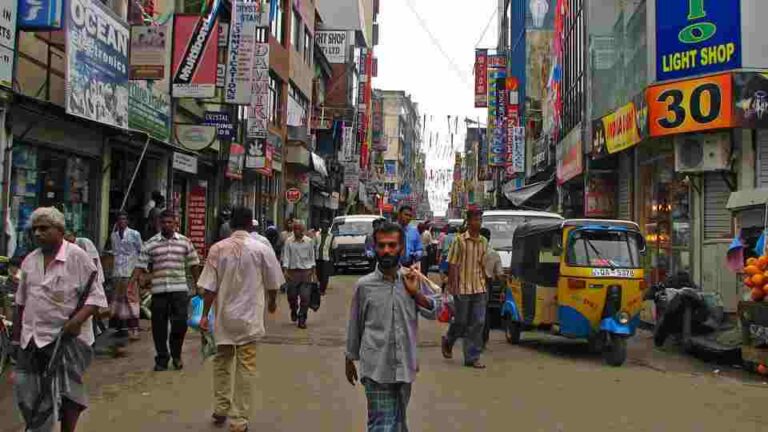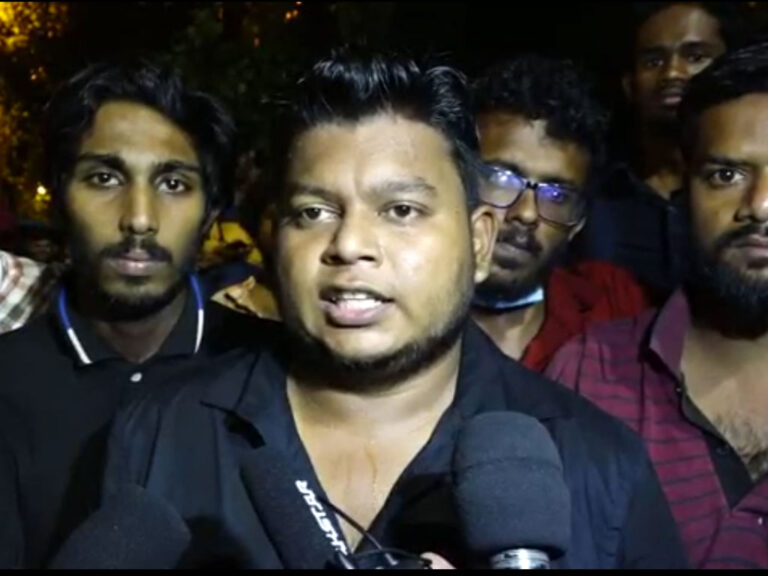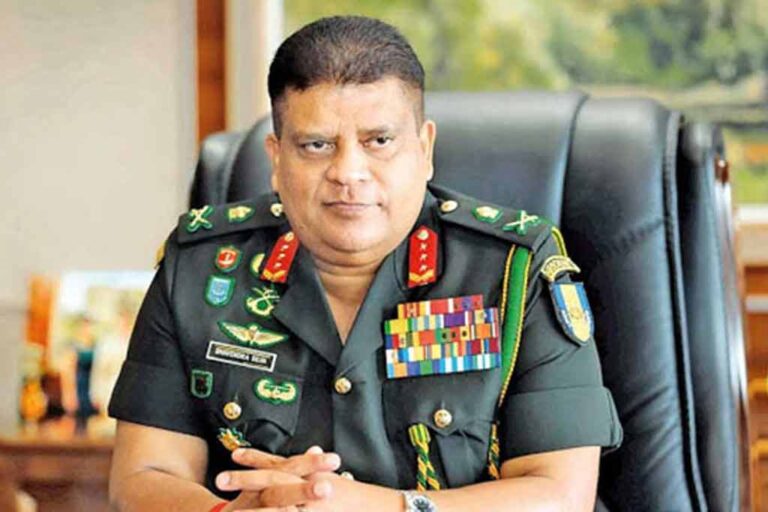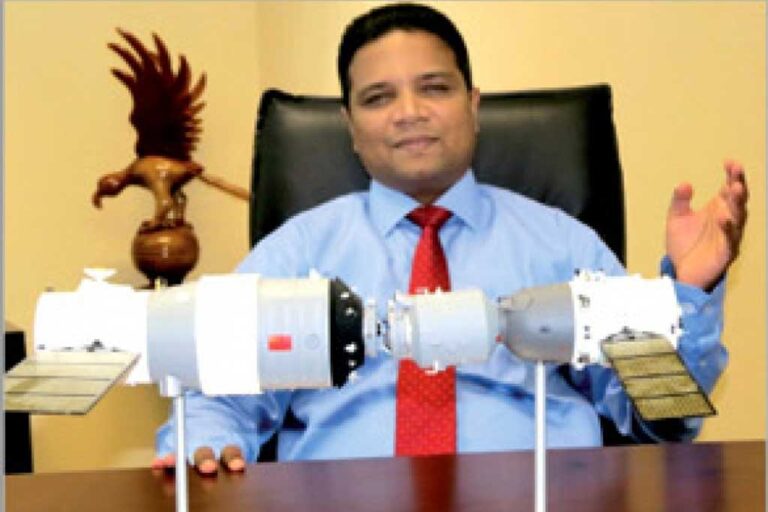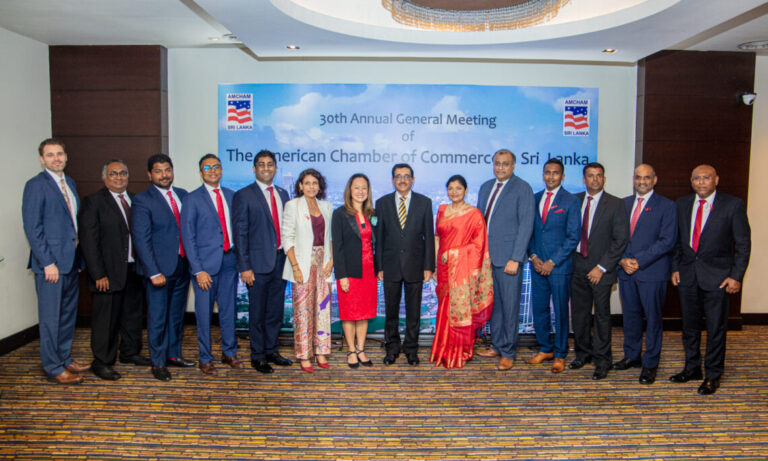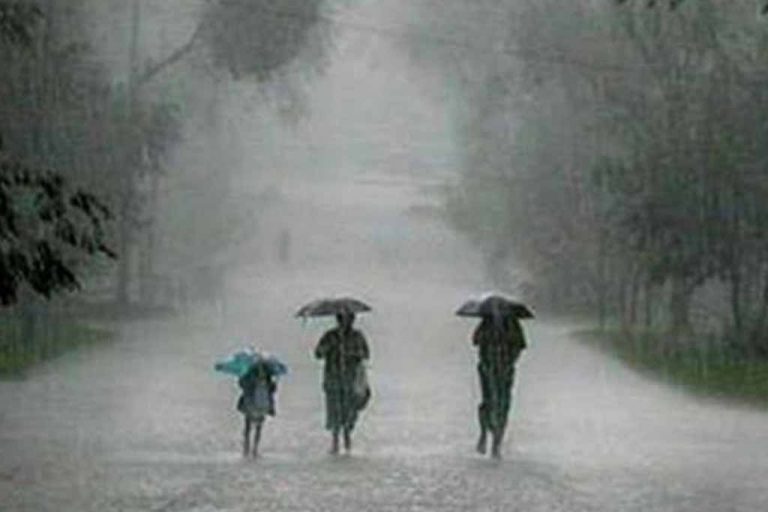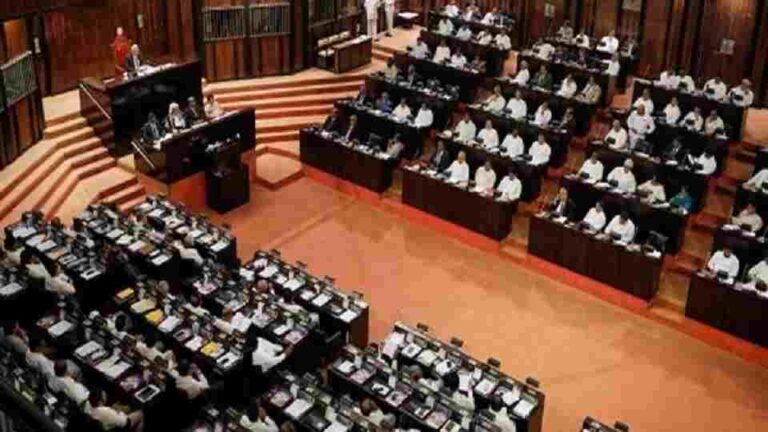Argentina has been in an IMF programme since January 2022. It’s inflation has now gone up from 12% to 80%. It’s Central Bank policy rates have gone up from 7% to 75% under IMF supervision. People are starving and millions are unemployed. Poverty has quadrupled.
Sri Lanka has started talks with the IMF since April 2022. But, agreement has not been formally reached yet. As a pre-condition, Sri Lanka has made prices cost-reflective, and inflation has gone up from 18% to 70%. Central Bank Policy interest rates have been doubled, and Treasury interest rates have risen from 12% to 32%.
Hundreds of thousands of businesses are defaulting to the banks, and are crashing. Not a single dollar is coming into the country, and all investors are waiting for the IMF program, which is delayed.
Petrol is rationed and prices have doubled. Electricity prices have tripled. Millions of people don’t have money to even buy the basic food, and children are fainting in schools because they haven’t eaten.
Central Bank Governor Nandalal Weerasinghe is daily saying “IMF is coming, IMF is coming”, and is not bothered about anything other than his stupid economic theories. Soon, it’ll be a case of “Bada Suddai, Leda Mala” (a folk catchphrase referring to an act in vain), and all our crazy 225 MPs are waiting for a miracle to happen with the IMF saving us at the nick of time.
In a way, maybe, it’s good that IMF hasn’t still come, because if and when they do, like in Argentina, when the inflation goes up to 80%, they will insist that the Central Bank pushes up the interest rates to 75%, and our idiotic Governor will gladly do that.
That’ll be the last nail in our coffins, literally.

